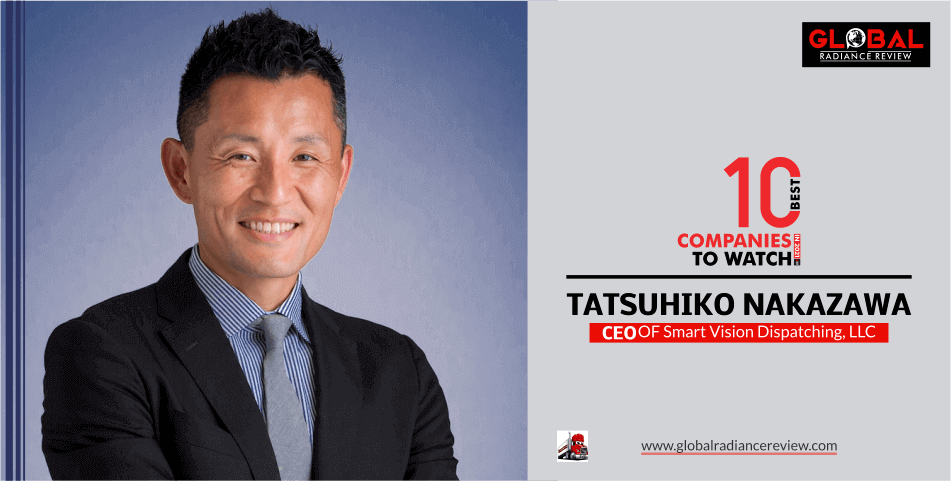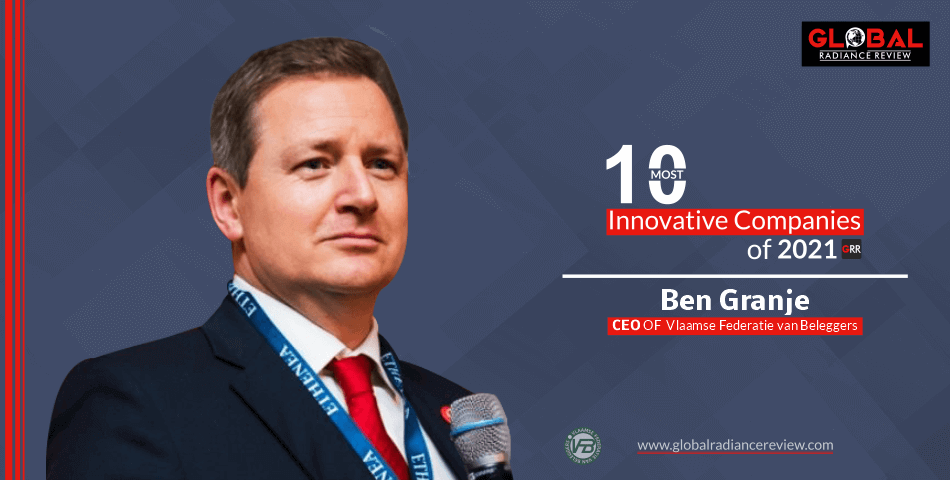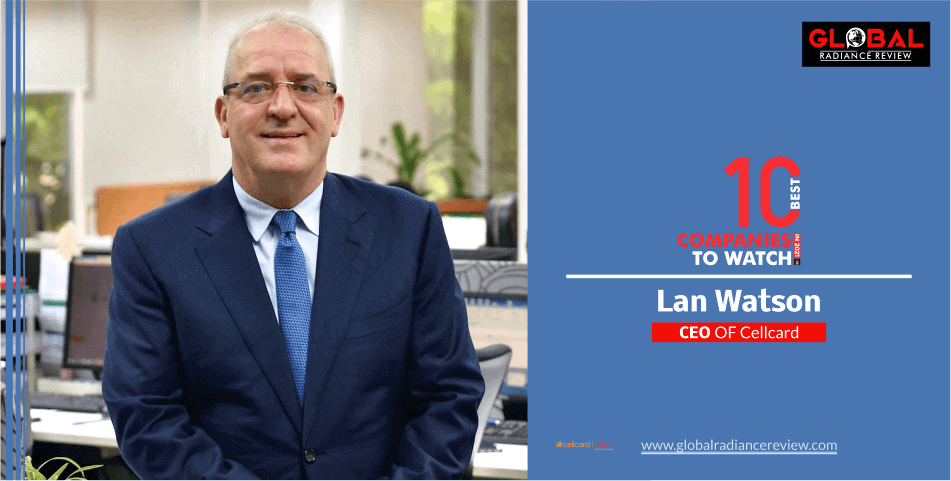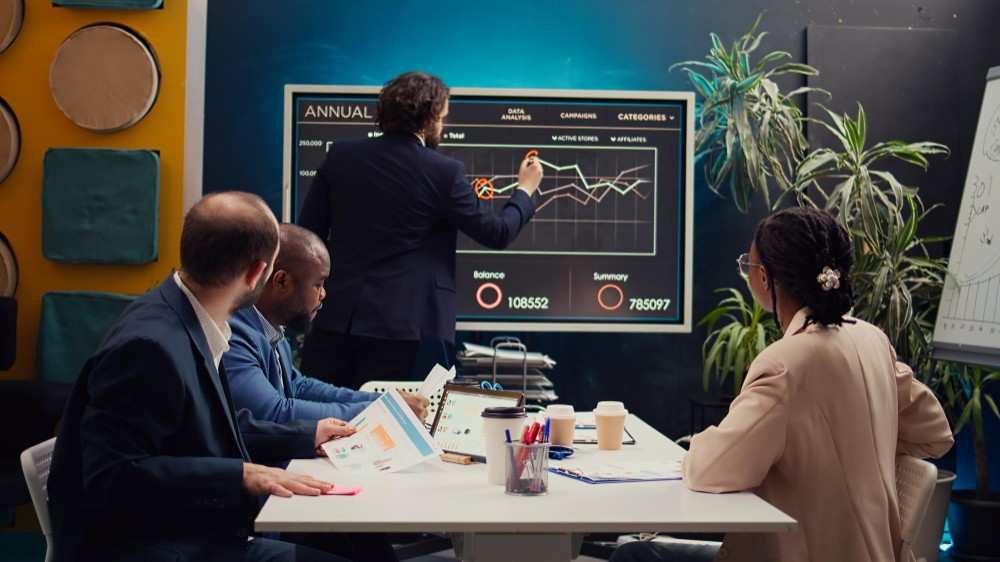Japan, the birthplace of innumerable cutting-edge innovations and postmodern ideas, is a nation that is ironically wedged between two eras of technology. Some factories employ electrically clean powered machinery—they don’t emit CO2 or toxic fumes from burning fossil fuels— and utilize rainwater to keep dust down and the environment clean. However, incineration of garbage is the norm on a larger scale, and the rate of recycling in Japan is shockingly low. The country has one of the lowest recycling rates among OECD countries, at only 20% in 2017. Around 78% of the remaining waste is sent to incinerators—the highest among the OECD bloc.
Although Japanese enterprises are resistant to change and are hesitant to adopt sustainable technology, a few have embraced eco-friendly and efficient innovations. The fact that these organizations were able to combat these seismic culture shifts is an impressive achievement and opens the room for questions such as “What enabled them to hold on and thrive?”
The answer lies in the phrase: Jizokukanōna or ‘developing sustainability,’ which has inadvertently become one of the most crucial survival concepts for many Japan-based organizations. What was first introduced as “an idea to protect the planet” at the Rio Earth Summit in 1992 continues to be the core principle that governs the functioning of an increasing number of Japanese industries, including the logistics industry, and propels them to establish sustainable development goals (SDGs) that ensure the sustainability of society and the environment.
One such outstanding example of extraordinary growth and efficiency is Smart Vision Logistics (SVL). Setting this concept as its guiding principle, SVL is a company that puts sustainability at the core of everything it does. SVL aims to ensure that the present-day consumer demands are met without compromising on the ability of future generations to fulfill their needs. In essence, the company strongly believes in the 17 Sustainable Development Goals (SDGs) put forth by the United Nations Department of Economic and Social Affairs in its 2030 Agenda for Sustainable Development. It abides by a transparent and structured approach to revolutionize the logistics industry by making efficiency, sustainability, and eco-friendly policies the norm.
On a mission to help build optimized and sustainable supply chains, SVL is committed to driving “extraordinary efficiency” in the logistics industry, which the company believes can positively change society by promoting the benefits of sustainability and protecting the environment.
SVL specializes in providing services that go beyond delivery and logistics management to bring about this transformation in the logistics marketplace. It helps customers pursue an optimized and sustainable supply chain that can lead to better performance and success. With a fully sustainable business model that focuses on sustainable supply chains, logistics, and Environmental, Social, and Governance (ESG) practices, SVL is revolutionizing the logistics industry. It even goes the extra mile in optimizing supply chain processes to guarantee sustainable returns.
Delivering Next-Gen of Efficiency and Sustainability
SVL’s Transport Management System (TMS) makes the logistical process of moving products between manufacturers, distributors, and retailers less complex and easier to handle while making operations more sustainable. It ensures that at any point, the products are consistently maintained at an optimal temperature condition until they reach their destinations. Not only does it reduce product waste, but it also optimizes costs.
SVL specializes in handling all things related to logistics, allowing producers to focus on making a great product. The company’s overland cargo transportation ensures that freight is delivered optimally. Whether frozen, chilled, or dry products, high-tech, healthcare, medical goods, or fresh foods, SVL’s temperature-controlled logistics guarantee that the temperature, humidity, and packaging requirements are met and exceeded. All of SVL’s services ensure visibility and transparency, resulting in improved customer satisfaction.
We believe that sustainable business practices will be the prerequisite for all businesses in the near future and that businesses that do not add extraordinary value to society will not survive in this new normal
In essence, the uniqueness of SVL stems from its diverse management group that brings in-depth multi-industry expertise to the table. This helps the company quickly understand the many nuances of circular economics and how it affects logistics firms’ contributions to the United Nations' Sustainable Developmental Goals (SDGs). Glen Wood, president and co-founder of Smart Vision Logistics, explains that the dynamic arena of sustainability and ever-tightening regulations often confuse business leaders in their efforts to devise sustainable strategies and solutions. “As a pro-active firm, we, therefore, look out for solutions and development goals outlined by the United Nations and based on environmental, social, and governance (ESG) investment factors that help customers build their sustainable management practices,” says Tatsuhiko Nakazawa, CEO and co-founder of Smart Vision Logistics.
Aiming to make sustainability the cornerstone of success across all industry domains, SVL is currently focused on revolutionizing and transforming the food recycling business in Japan. With most supply chains following the linear model, these non-usable vegetables are labelled as burnable trash or discarded into landfills. In either case, it leads to toxic CO2 emissions and increases overall costs of waste disposal in the process. This is where SVL moves the needle. Wood says that to fight this classic case of inefficiency, SVL harnesses the benefits of biotech and TMS to build a perfect and super-efficient palindromic economy.
DYNATEC™, also called Dynamic Precision Total Environmental Control System, is one of the company’s answers to dramatically reducing supply chain waste. Its state-of-the-art technology empowers trucks by offering precision temperature control features that support multi-climate ranges, thereby allowing customers to store/transport any product with varied temperature ranges.
Earlier, various products were usually shipped via trucks that maintained a fixed average temperature. The lack of variable temperature control often meant spoilage of chilled products like vegetables or pharmaceuticals since no two items required the same storage temperature. Smart Vision Logistics’ DYNATEC™ powered trucks offer precision temperature control with support for multiple temperature environments perfect for transporting goods with unique temperature and humidity requirements.
Robust Technology to the Rescue
“We never want to drive an empty truck,” says Wood. With SVL’s technology-driven logistics systems, the company makes every effort to ensure that no truck is driving empty. To better paint an evocative picture of the efficacy of its solutions, Wood gives us a customer success story wherein the company partnered with one of Japan’s largest salad producers. He mentions that in their process of delivering raw vegetables like cabbages, lettuce, carrots, and others to restaurants, supermarkets, and similar food chains, the salad producer ended up throwing away more than 30 per cent of their vegetables.
This, in turn, increased the cost of salads, and eventually, the vegetables themselves. To mitigate the issue, the client turned to SVL, who began installing biotech-driven resource management systems (bio bins) at supermarkets, distribution centers, production centers, restaurants and various other points in the logistics process to handle raw waste. These bio bins serve as recycling machines that directly process the waste materials in 24 hours and reduce the unused vegetables into fertilizers. After the second round of bacterial composting, the composted materials are returned to the fields. In some cases, depending on farmers’ needs, SVL may formulate the compost into specialized ‘designer’ fertilizers.
SVL significantly reduces its CO2 footprint by not only running trucks that are near capacity but by also cost-effectively turning waste into compost to grow disease-resistant and nutritionally richer vegetables. “It’s really a win-win type of circular, sustainable supply chain infrastructure that we were able to develop for the salad producers. Since no waste is emitted, we enable customers to dramatically reduce costs and CO2 emissions. We’re contributing to a healthier society,” remarks Wood.
We look for solutions and sustainable development ideas based on the united nations' SDGs and on environmental, social, and governance (ESG) factors that help both SVL and our customers build their sustainable business models.
Establishing Harmonious Relations through Diversity and Inclusion
The above is one of the many success stories that SVL has scripted along its journey so far. The company upholds the idea of kizuna or bonds as an integral aspect of its business objectives and thereby works hard to forge closer ties with its employees, customers, and partners. The same is reflected in the way SVL was born. It is symbolic of the trust and friendship between Glen Wood and Tatsuhiko Nakazawa. The two are long-term friends who pooled their expertise from their respective careers, and established Smart Vision Logistics in 2018.
For the company, inclusion and diversity are integral components that have increased its efficiency and helped it achieve a diverse and profitable business model. Through its progressive work culture, SVL aims to set an example for corporations in Japan and around the world to showcase how a company’s culture encourages gender equality and work-life balance in their working patterns. That said, SVL is expanding beyond the borders of its home country (Japan) and is currently developing its business in Malaysia, Singapore, the US, and Canada. With sustainability, innovation, and efficiency at its core, Smart Vision Logistics strives to unearth opportunities to make the world of logistics more sustainable in the days to come. Wood and Nakazawa plan to launch a book based on sustainable business practices across industries to increase awareness globally about SDGs and their positive impact on business leaders and enterprises. The team at SVL believes that these sustainable business practices will be the norm in the near future. “In short, we want Smart Vision Logistics to exemplify how organizations can grow sustainably by adopting progressive business strategies. We believe that sustainable business practices will be the prerequisite for all businesses in the near future and that businesses that do not add extraordinary value to society will not survive in this new normal,” concludes Wood.
-black.png)










